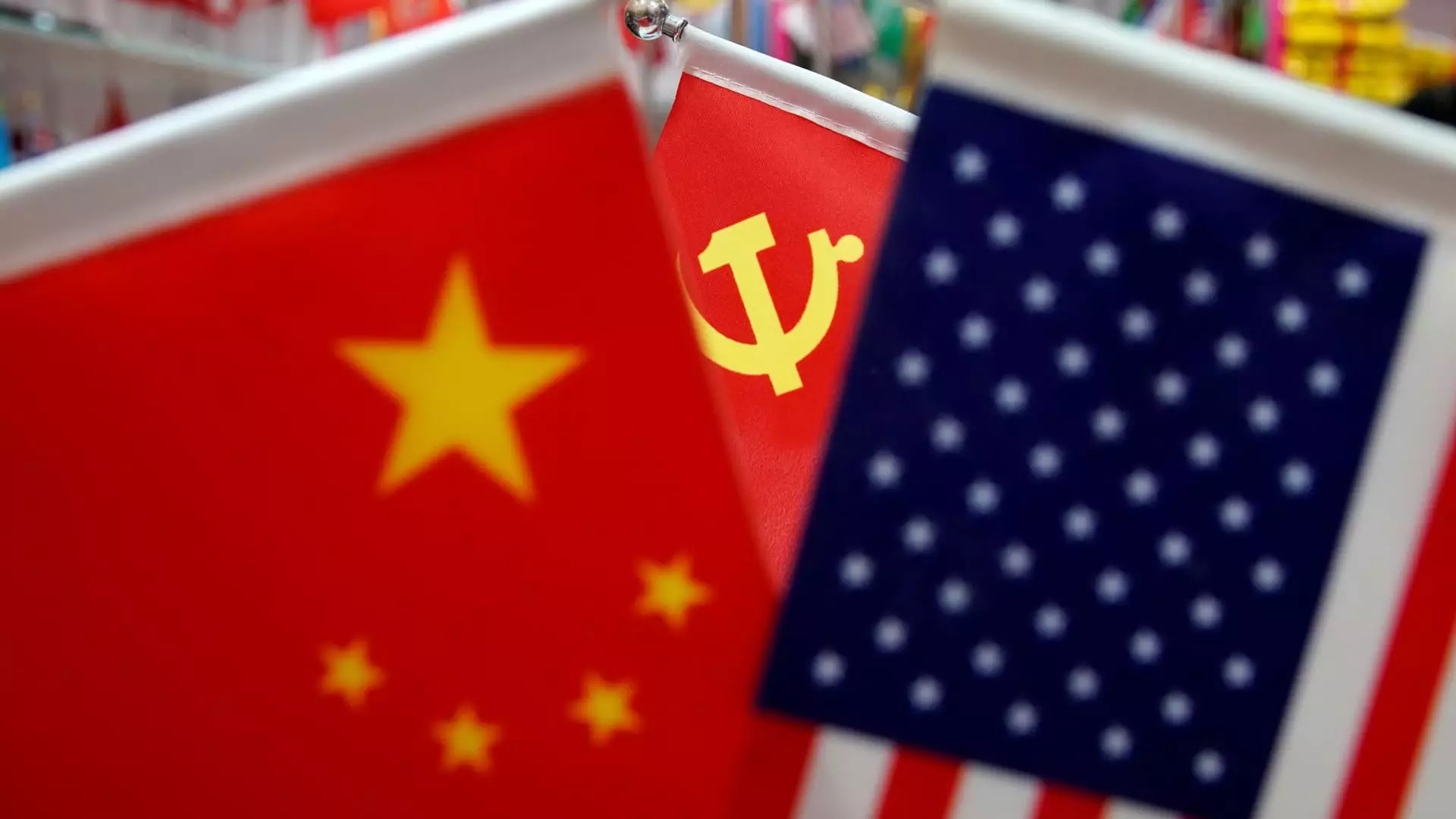In recent times, the global economic landscape has been shaped significantly by the shifting dynamics between China and the United States. As the U.S. political scene prepares for an incumbent leadership change under President-elect Donald Trump, the Chinese government is strategically reaching out to influential financial figures in the U.S. The intentions behind these engagements are multifaceted, driven by the impending trade policies and tariffs potentially affecting bilateral trade relations.
Chinese Vice Premier He Lifeng, a core member of China’s economic governance, has played a pivotal role over the past month by initiating contact with notable U.S. finance executives. The meetings provide insight into China’s strategy as it navigates a challenging international economic environment.
He Lifeng’s outreach included discussions with prominent leaders such as Larry Fink from BlackRock, John E. Waldron from Goldman Sachs, and Jane Fraser of Citigroup. Each meeting, held during a time of heightened tension surrounding trade policies, signifies China’s commitment to fostering relationships with America’s financial elite. These engagements can be seen as an attempt to create a supportive dialogue that could mitigate the impact of proposed tariffs and foster a more favorable environment for investment.
Peter Alexander, the founder of Shanghai-based consultancy Z-Ben Advisors, indicates that such back channel communications are typical of Chinese diplomatic strategies. This approach underscores a broader objective: to build bridges with those ascending to significant political power in the U.S. under the new administration.
Potential Influence of Financial Executives on Trade Policies
The influence of high-profile financial executives in the Trump administration cannot be underestimated. The presence of several billionaires within the Cabinet is marked by a notable concentration of finance-oriented backgrounds, which some analysts believe could have a moderating effect on aggressive trade tactics.
Clark Packard from the Cato Institute points out that the dynamics driven by market concerns could influence Trump’s administration to adopt a more tempered approach to tariff implementations. The behaviors of the stock market may play a crucial role in either encouraging or discouraging protectionist policies. This emphasis on market reactions reflects a broader understanding that economic stability often requires balancing nationalist rhetoric with practical economic outcomes.
Amidst proactive measures by the Chinese government to invigorate its economy, evidenced by the recent recovery of Chinese stocks after a policy shift towards stimulus, both the Chinese and U.S. economic spaces remain critically interconnected. Chinese authorities are not only hosting discussions but are also preparing for a diverse range of outcomes, including the possibility of severe trade disruptions.
Zongyuan Zoe Liu of the Council on Foreign Relations notes that China is open to various strategies for managing its financial future, including promoting foreign investments and maintaining dialogue with U.S. financial institutions. However, Liu also emphasizes that while financial institutions engage in dialogue, the influence they hold over trade tensions remains circumscribed, suggesting that deeper external factors are at play.
The meetings held by He Lifeng are not just transactional; they are also symbolic gestures highlighting China’s openness to foreign investment. State media in China has portrayed these engagements as exhibits of confidence, showcasing the nation’s willingness to attract foreign capital, which is often viewed through the lens of supporting China’s domestic market.
However, these actions raise questions about the long-term sustainability of such diplomatic efforts. Winston Ma, an adjunct professor at NYU, frames the current U.S.-China capital market relations as critical in the broader bilateral ties. The outcome of this relationship could either foster mutual prosperity or lead to destructive economic outcomes, emphasizing the delicate balance both nations must navigate.
As China engages with U.S. financial executives amidst a backdrop of potential trade tensions under the Trump administration, the path forward remains fraught with challenges. The interplay of finance, diplomacy, and market sentiment will be crucial in determining the next steps in this complicated relationship. The outcomes of these meetings could shape the trajectory of bilateral trade and investment, establishing frameworks for cooperation or conflict that will resonate far beyond the immediate political landscape.

